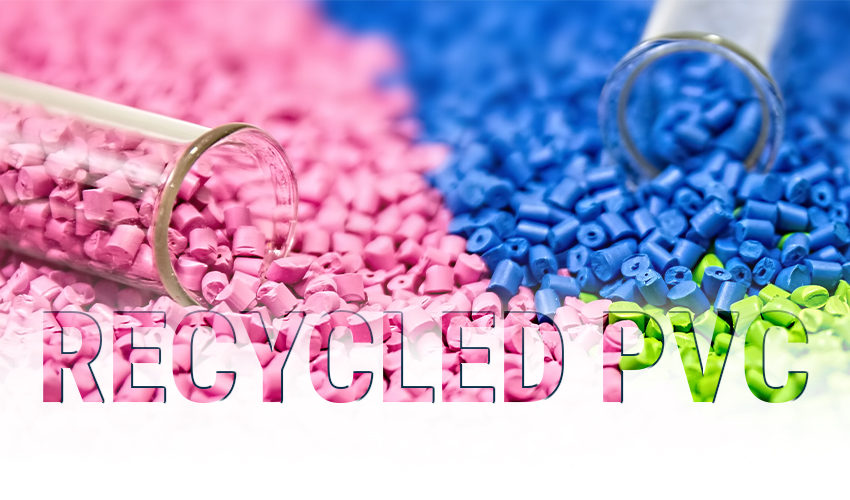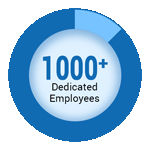


Polyvinyl Chloride (PVC) is a highly versatile thermoplastic resin that can be moulded to fit a wide range of applications and end-user needs. Unlike other commonly used polymers such as Polyethylene (PE), Polypropylene (PP), Polycarbonate (PC), and Polyurethane (PU), PVC requires careful formulation. When exposed to heat, PVC melts and can be moulded into virtually any shape, making it an ideal choice for a variety of manufacturing and construction applications. Additionally, PVC is classified as a polymer due to its unique chemical composition, which includes thousands of C2H3Cl/H2C=CHCl molecules that are linked together. Overall, PVC is a highly adaptable and reliable material that can be customized to meet the needs of virtually any industry or application.
Why Recycled PVC is mostly preferred?Recycled PVC compound offers a cost-effective solution for companies looking to reduce their environmental impact and cut costs, but it's important to weigh the potential drawbacks before making the switch. While recycled PVC may seem like a great option on paper, there are several factors to consider when working with this material. One of the main challenges with recycled PVC is achieving consistent quality. Many recycling companies offer a mix of various grades and harnesses, making it difficult to guarantee the same level of quality from batch to batch. While these companies do make an effort to remove external agents that pose a risk to the customer, filtering tons of pellets for hardness, density, and colour is a daunting task.
Customers may be initially drawn to the low price point of recycled PVC, but they will likely face ongoing challenges with adjusting their processes and generating significant amounts of scrap. In the long run, what appears to be a cheap option could end up being more costly if the quality is not consistent.
It's nearly impossible to find a recycled PVC supplier that can guarantee consistent quality from batch to batch. At best, suppliers can filter materials for similar appearance or hardness, but exact matches are rare. In order to avoid issues down the line, it's important to consider this when selecting a supplier for your recycled PVC needs.
Another consideration is the potential impact on the environment. Recycling PVC is a positive step towards sustainability, but it's important to ensure that the process is being done ethically and responsibly. Some companies may cut corners in the recycling process, which could result in harmful by-products being released into the environment.
In summary, recycled PVC can be a cost-effective solution for companies looking to reduce their environmental impact and cut costs, but it's important to consider the potential drawbacks. The inconsistent quality of the material can lead to ongoing challenges, and it's important to select a supplier who can guarantee consistent quality. Additionally, environmental considerations should be taken into account when working with recycled PVC. By carefully weighing all of these factors, companies can make an informed decision about whether recycled PVC is the right choice for their needs.

